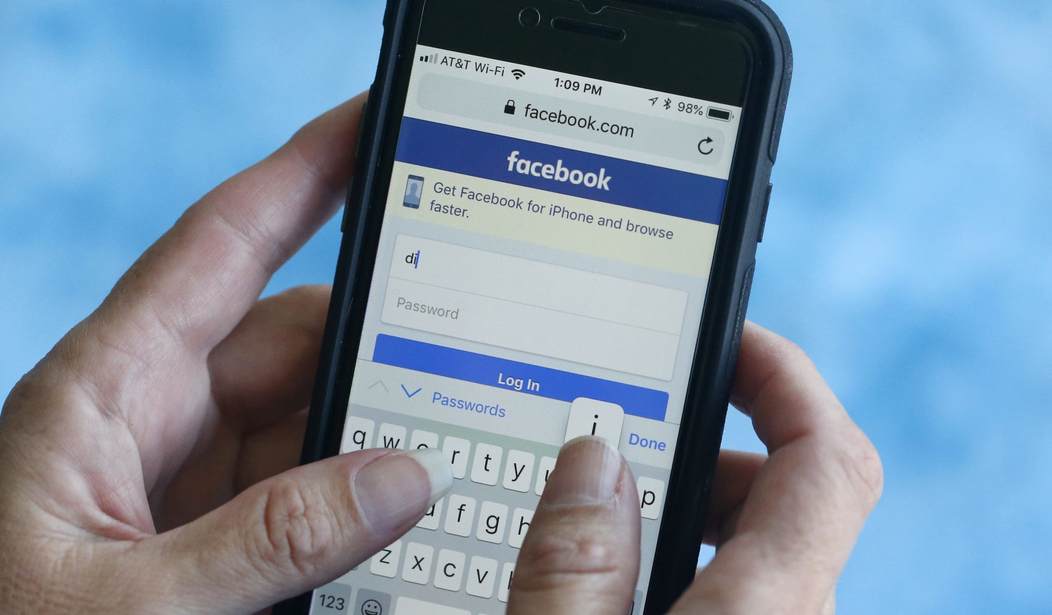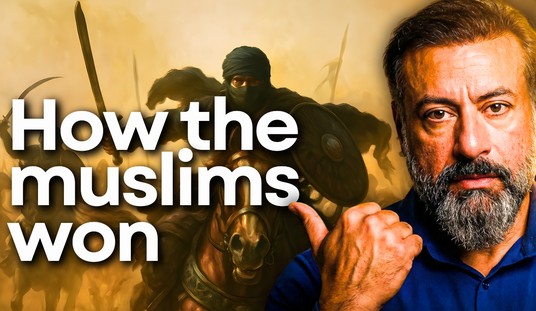On Friday, Dr. Jerry A. Johnson, president and CEO of National Religious Broadcasters (NRB), threatened political action against social media companies if these companies do not cease censoring conservative and Christian views. If they continue, his vast network of Christian broadcasters will push Congress to remove a key legal provision giving social media companies immunity from liability for messages posted on their platforms.
“They need to fix this quickly,” Johnson said during a panel discussion at the Reboot 2018 conference in San Francisco. “If they don’t do this — by December 31, mind you — we are going to ask Congress to take a look at 230.”
Johnson referred to Section 230 of the Communications Decency Act of 1996, a provision that gives companies like Facebook, Twitter, and YouTube immunity from being held accountable for the messages posted on their platforms. Removing this immunity would leave these companies liable to face charges of defamation and other legal actions holding them accountable for messages posted by their users on their platforms.
As NRB explained in a press release, Section 230 “was inserted in the 1996 Telecommunications Act in part to facilitate ‘Good Samaritan’ blocking of offensive content without exposing web companies to lawsuits based on content that their efforts may have missed.”
Johnson argued that this legal protection is no longer necessary. Big Tech companies no longer need “an extra layer of protection,” he claimed. “It’s time to leave the ‘incubator,'” the NRB president argued. “Why do they need that now?”
Johnson urged Big Tech companies to draft their own free speech charter based on First Amendment principles, preventing the government from intervening. “We’ve been calling for this for eight years,” he explained. “That’s what we’re hoping for. It would be their own voluntary change.”
If the companies do not act on their own to fix the problem, however, the NRB president warned that it might be necessary to “get out a ‘scalpel,’ an ‘exacto knife,’ and carve out a very particular space for Facebook, for Twitter, for YouTube” in Section 230.
“If you’re going to push your hand on the scale in the great debates of the day … then have your day in court,” Johnson argued.
He made this threat, not due to the blocking of content from “obscure Nazis or other fringe groups, but from mainstream individuals such as Dennis Prager.” More than 80 videos put out by Prager University have been restricted on YouTube, leading PragerU to sue Google and YouTube. PragerU has also recounted facing censorship from Twitter and Facebook.
“NRB has documented Big Tech’s pattern of censorship of Christian and conservative viewpoints for many years,” Johnson said in a statement to PJ Media. “Our viewpoint censorship timeline — published at InternetFreedomWatch.org — demonstrates this pattern of censorship.”
The NRB president told PJ Media that “the debate about the reality of viewpoint censorship is over; it’s happening, and it’s getting worse. Some of that censorship is being driven by claims of so-called ‘hate speech,’ often based on the warped definition of the Southern Poverty Law Center.”
InternetFreedomWatch.org catalogues many examples of Big Tech censorship against conservatives and Christians, including a timeline dating back to November 2010, when Apple censored the “Manhattan Declaration” from its App store, and running as recently as August of this year, when Facebook temporarily suspended Elizabeth Johnston, better known as “Activist Mommy.”
The NRB president’s threat came just days before Attorney General Jeff Sessions is set to meet with state attorneys general to discuss anti-trust measures against Big Tech this Tuesday. A former Reagan lawyer — who broke up AT&T — has also filed suit against Apple, Facebook, Google, and Twitter for anti-trust violations.
Casey Mattox, senior fellow for free speech and toleration at the Charles Koch Institute (CKI) did not deny the “problem in Big Tech with silencing views,” but warned PJ Media against the “growing appetite on the Right for federal legislation and executive action.”
“Content moderation on the level of a Facebook, Twitter, YouTube is way more difficult than people assume, walking into it,” Mattox told PJ Media. “If you have any kind of federal answer that ends up mandating a certain kind of algorithm, how do you create a new website, new competitors?”
While many want to establish laws to regulate these companies, such laws could actually entrench the Big Tech leaders, preventing other startups from being able to enter the market and challenge Facebook, Google, and Twitter.
“That’s how you get Mark Zuckerberg forever in power,” he warned. “If you have a government mandate that tells me how you have to moderate your content, I can’t create an alternative.”
Big tech companies need a kick in the pants to address the issue of conservative censorship. Many of them continue to work with the Southern Poverty Law Center (SPLC), a Left-wing smear factor that lists mainstream conservative and Christian groups alongside the Ku Klux Klan. After the SPLC gave an embarrassing retraction and paid $3.375 million to Muslim reformer Maajid Nawaz for defaming him as an “anti-Muslim extremist,” about 60 organizations began considering defamation suits against it.
The Christian nonprofit D. James Kennedy Ministries (DJKM) sued Amazon and the SPLC, after Amazon removed DJKM from its charity arm, Amazon Smile, due to the SPLC’s designation of DJKM as a “hate group.” This year, Amazon removed Alliance Defending Freedom (ADF), a Christian law firm that has won 9 Supreme Court cases in the last seven years, from Amazon Smile for the exact same reason.
SPLC has marked a small Roman Catholic pro-family nonprofit, the Ruth Institute, a “hate group,” because it quoted language from the Catechism of the Catholic Church declaring that marriage is between one man and one woman. The SPLC also continued to mark the Family Research Council (FRC) a “hate group” after a terrorist used the SPLC “hate map” to locate FRC, break in with a semiautomatic pistol, and attempt to kill everyone inside.
If Big Tech companies were to take Johnson’s threat seriously, they could begin by publicly distancing themselves from the SPLC. They could draft a free speech proclamation. Now is the time — before December 31.
Follow the author of this article on Twitter at @Tyler2ONeil.









Join the conversation as a VIP Member